Nutrient dense foods are high in nutrients yet low in calories. Vitamins, minerals, complex carbs, lean protein, and healthy fats are all found in nutrient dense foods. Fruits and vegetables, whole grains, low-fat or fat-free milk products, seafood, lean meats, eggs, peas, beans, and nuts are examples of nutrient dense foods.
You can only consume a certain amount of food in a single day to gain lean muscles.
It makes sense to spend your calorie budget wisely by selecting meals that have the highest number and diversity of nutrients to optimize the number of nutrients you take in.
Here are the top most nutrient dense foods.
Salmon
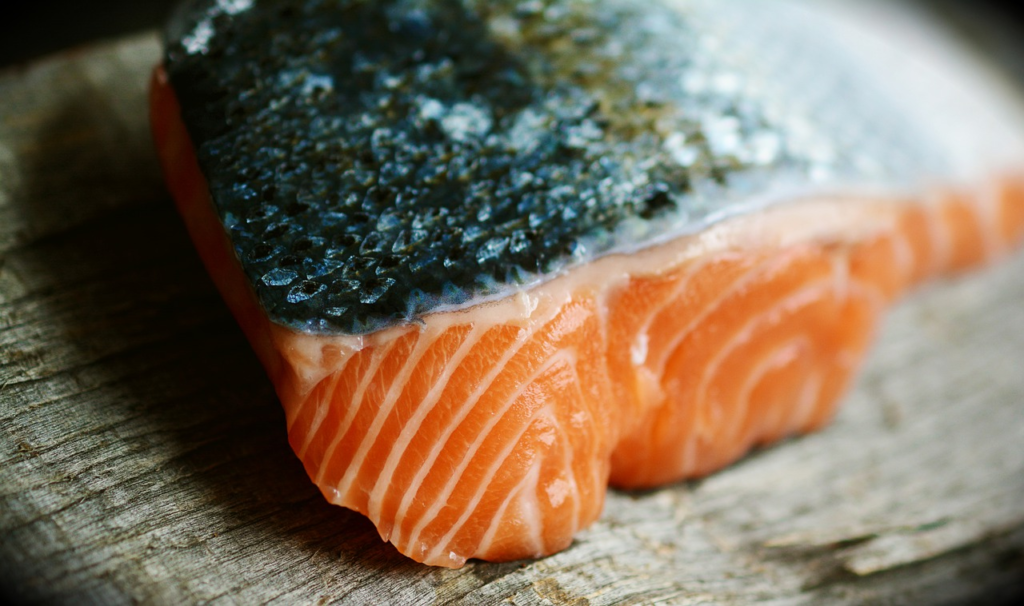
Most omega-3 fatty acids are found in salmon and other fatty seafood.
Omega-3 fatty acids are critical for your body’s healthy functioning. They’ve been linked to better health and a decreased risk of numerous major illnesses.
Although salmon is mostly valued for its healthy fatty acid content, it also contains a wealth of other nutrients.
A 100-gram serving of wild Atlantic salmon includes around 2.2 grams of omega-3 fatty acids, as well as plenty of high-quality animal protein and vitamins and minerals, including significant levels of magnesium, potassium, selenium, and B vitamins.
Nuts
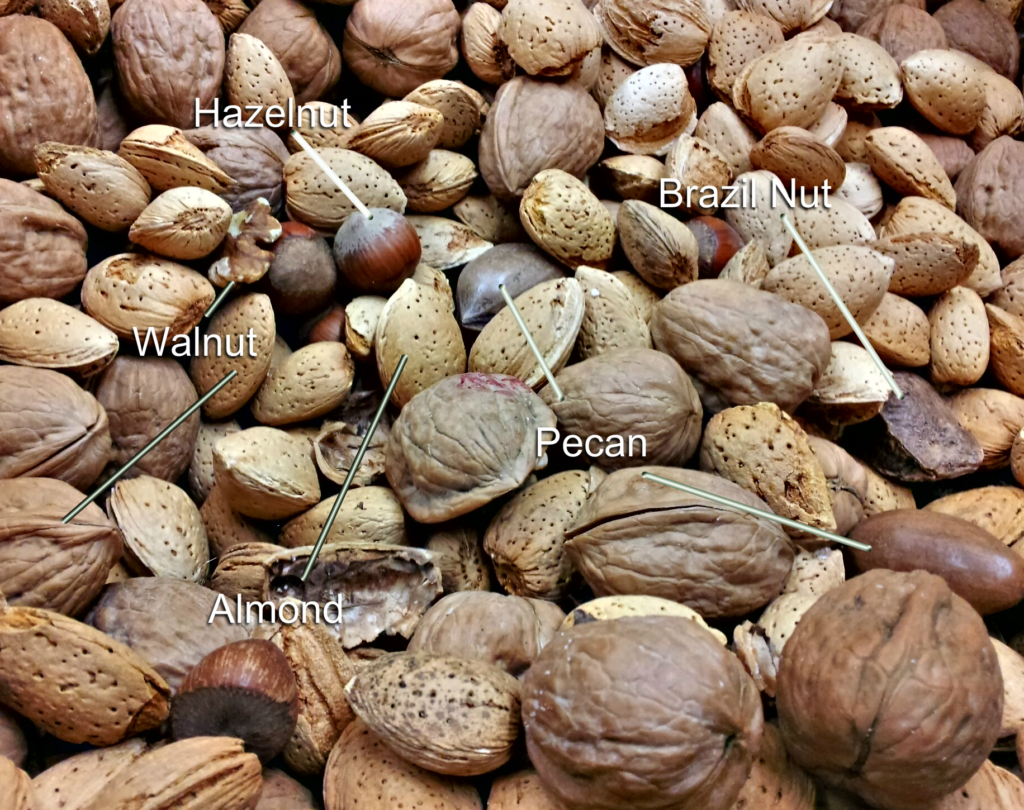
Nuts are strong in monounsaturated fats, making them particularly healthy. These beneficial fats are required for a variety of body processes, including cell proliferation and organ protection. They are structurally distinct from saturated and trans fats, both of which are unhealthy fats.
Nuts are high in protein and include a variety of other nutrients, such as:
Fibre, vitamins E and K, folate, thiamine, minerals such magnesium and potassium, carotenoids, antioxidants, and phytosterols.
Unsalted almonds, pistachios, and walnuts are the healthiest nuts. As a topping on salads and vegetables or as a snack between meals, nuts are simple to add to a healthy diet.
Quinoa

Quinoa is a South American whole grain with a high nutritional value.
It includes complex carbs, making it a useful source of energy. Quinoa, unlike many other carbohydrate sources, includes a high amount of additional nutrients.
This grain has a high protein and fibre content. Quinoa has about 4.4 g of protein and 2.8 g of fibre per 100 g.
Quinoa is also high in minerals including magnesium and phosphorus, as well as various B vitamins.
Quinoa can be used instead of rice or pasta as the main source of carbs in a meal. It is critical to thoroughly rinse quinoa with a fine-mesh strainer to remove the outer layer, which contains bitter-tasting saponins.
Kale
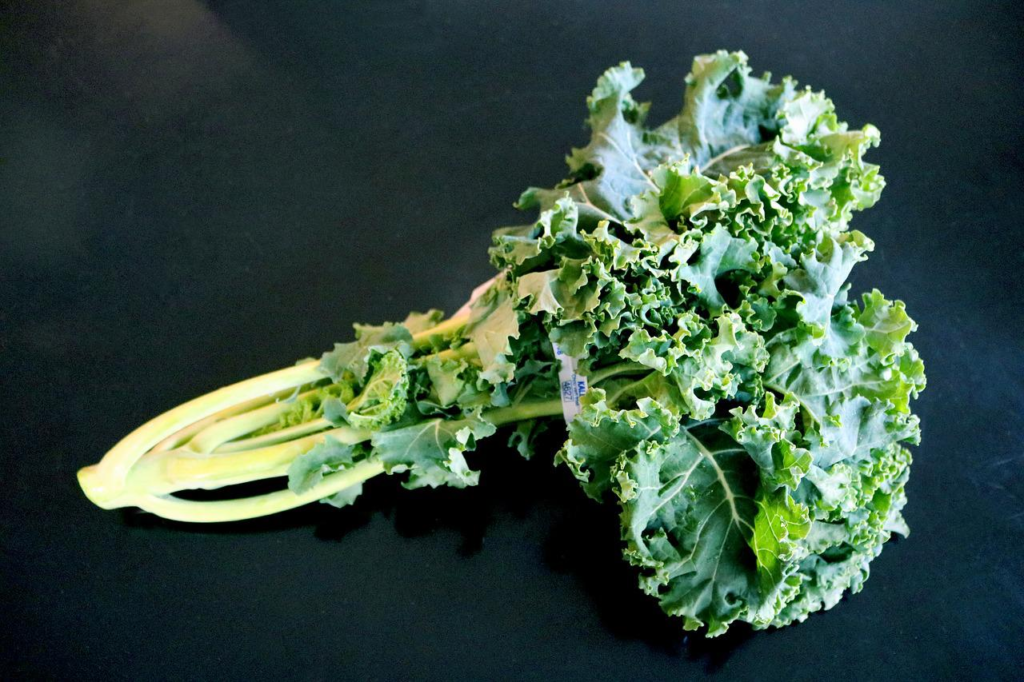
Kale reigns first among leafy greens.
It is high in vitamins, minerals, fibre, antioxidants, and bioactive substances.
Kale is abundant in vitamin C, vitamin A, and vitamin K1. It is also high in vitamin B6, potassium, calcium, magnesium, copper, and manganese. One cup has just 9 calories.
Kale may be more nutritious than spinach. Both are high in nutrients, but kale has fewer oxalates, which can bind minerals like calcium in your gut and prevent them from being absorbed.
Kale and other greens are also high in bioactive chemicals such as isothiocyanates and indole-3-carbinol, which have been demonstrated in animal and test-tube experiments to combat cancer.
Shellfish

Many sea creatures are abundant in nutrients, but shellfish may be the most nutrient-dense of them.
Clams, oysters, scallops, and mussels are all popular shellfish.
Clams are one of the greatest sources of vitamin B12 available, with 100 grammes providing more than 16 times the RDI. They are also high in vitamin C, B vitamins, potassium, selenium, and iron (Trusted Source).
Oysters are very high in nutrients. Only 100 grammes provide 600% of the RDI for zinc, 200% of the RDI for copper, and significant levels of vitamin B12, vitamin D, and numerous other minerals (Trusted Source).
Despite the fact that shellfish is one of the world’s most nutritious meals, most people rarely eat it.
Potatoes
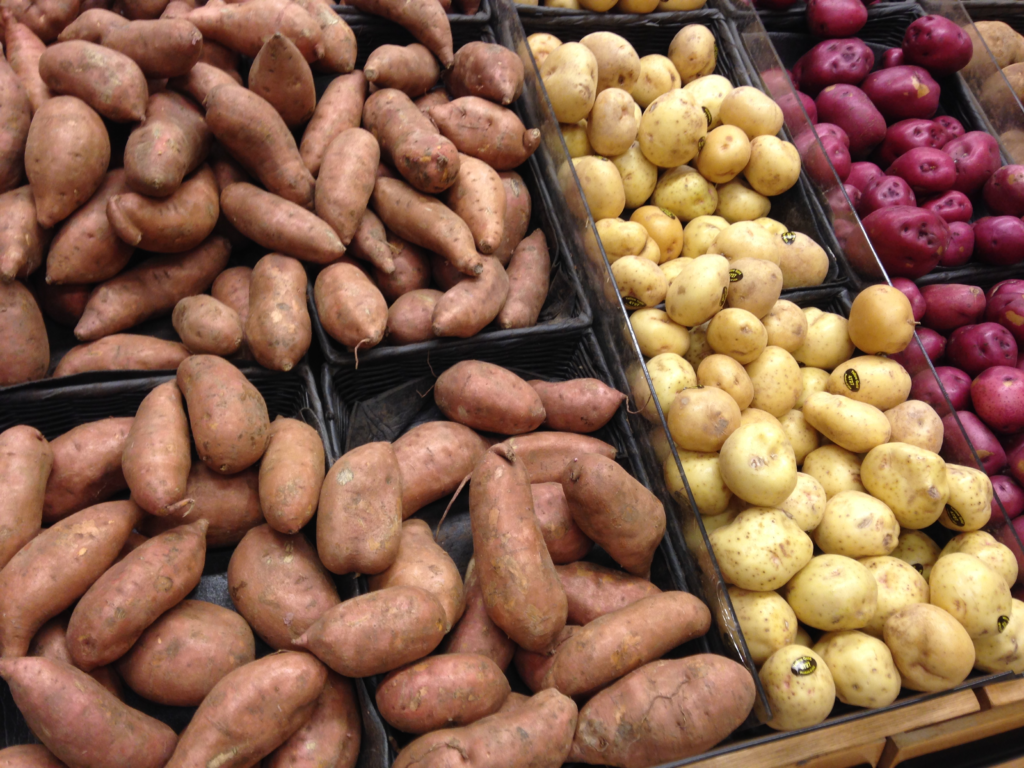
Potassium, magnesium, iron, copper, and manganese are all abundant in potatoes. They also include vitamin C and the majority of B vitamins.
They have a little amount of practically every nutrient you require. There are reports of humans living for extended periods of time on nothing but potatoes.
Potatoes are also among the most satiating meals. When researchers examined the satiety qualities of several meals, boiling potatoes outperformed all others.
Allowing potatoes to cool after cooking results in the formation of resistant starch, a fiber-like material with several health advantages.
Sardines
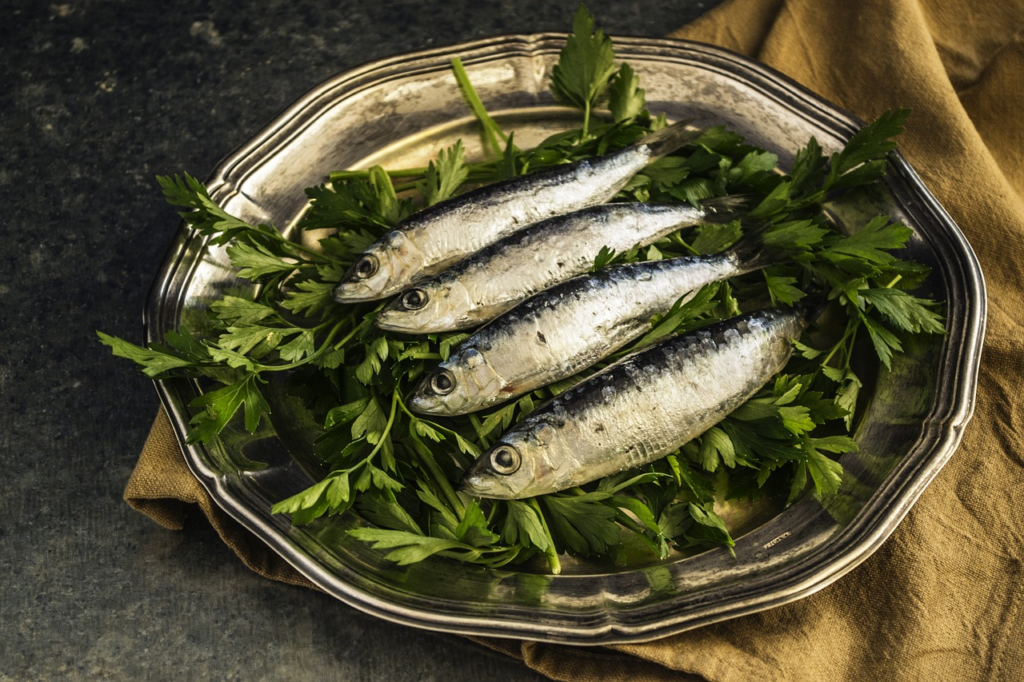
Sardines are oily tiny fish that may be eaten whole.
Given that an animal’s organs are often the most nutritious portions of the body, it’s not surprising that whole sardines are extremely nourishing.
They have a little amount of practically every vitamin your body needs.
They, like other fatty fish, are high in heart-healthy omega-3 fatty acids.
Berries
Berries are among the most nutrient-dense fruits.
Berries have the greatest polyphenol concentration of any food or beverage. Polyphenols are plant-based antioxidants that may aid in the prevention of a variety of chronic health issues. Berries contain anthocyanin, a polyphenol that may have metabolic advantages.
Berries have also been shown in studies to help with blood glucose regulation and the prevention of heart disease.
Berries provide fibre, vitamins, and minerals such as vitamin C, vitamin K, and manganese.
These fruits go nicely with smoothies or may be eaten on their own as a pleasant snack.
Egg Yolks – Cheapest nutrient dense food
Because of their high cholesterol level, egg yolks have been unfairly maligned.
However, research suggests that dietary cholesterol isn’t anything you should be concerned about.
Eating reasonable amounts of cholesterol has little effect on LDL (bad) cholesterol levels in the blood.
As a result, egg yolks are one of the most nutritious meals in the world. Whole eggs are so healthy that they’ve been dubbed “nature’s multivitamin.”
Egg yolks are high in vitamins, minerals, and other strong elements such as choline.
Eggs are also abundant in protein and healthy fats. Several studies indicate that they can aid in weight reduction.
If possible, get pasture-raised eggs and/or omega-3-enriched eggs. These eggs are more healthy than regular store eggs.
Takeaway
The most apparent technique for getting a lot of nutrients without consuming a lot of calories is to take dietary supplements.
Supplements, on the other hand, are unlikely to substitute a nutritious diet. Filling your meals with nutrient-dense foods is a better method to receive all the nutrients you require.
Nutrient-dense foods provide a high concentration of nutrients in relation to their calorie intake. Whole vegetables, fruits, chocolate, shellfish, eggs, and liver are examples of healthful foods.
Begin incorporating the items listed above into your diet right away to gain the advantages.


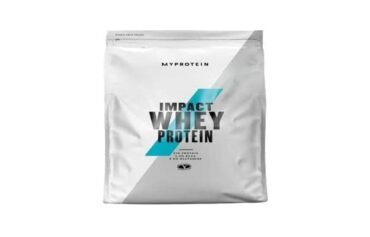
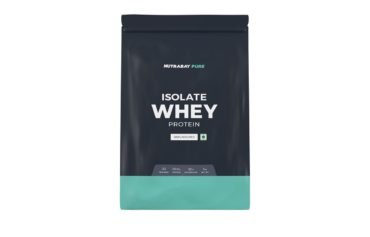
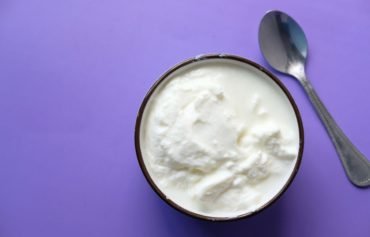

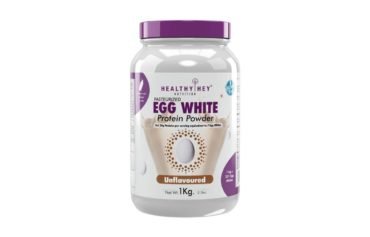
This Post Has 5 Comments